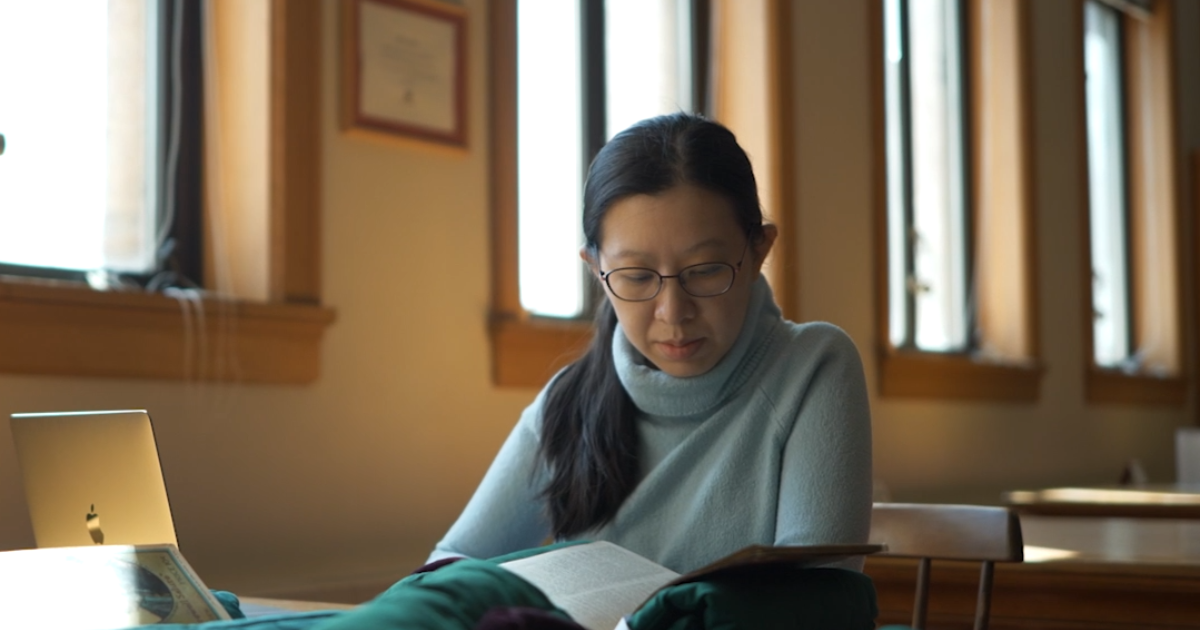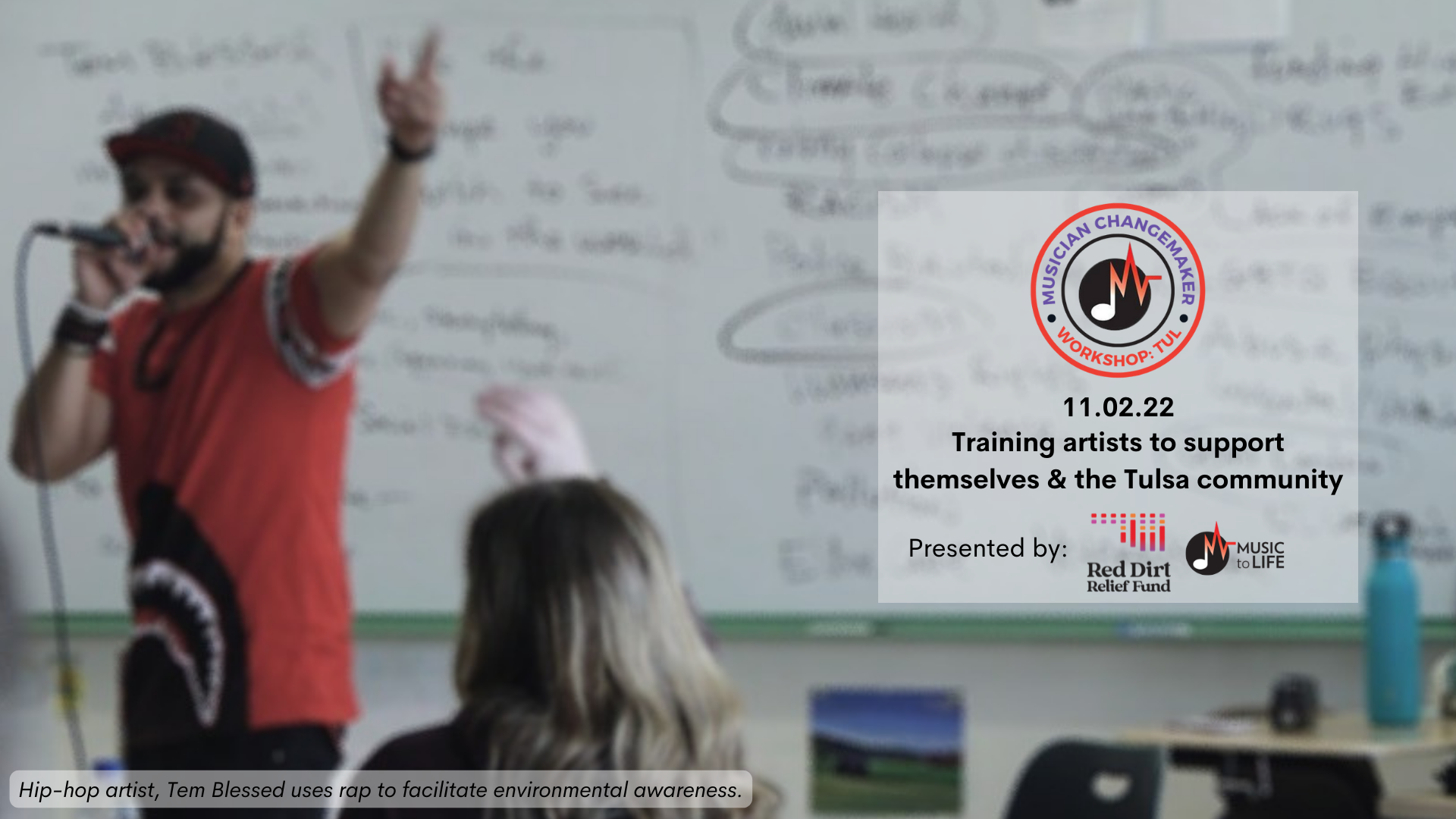Grinnell College announces the call for the Social Innovator in Residence Program. Social innovation is about finding creative solutions to social problems that promote positive change. Grinnell College’s mission is to provide a liberal arts education that is rooted in social justice, critical thinking, diversity, and global awareness.
Applications are now open for the second year of Grinnell College’s Social Innovator in Residence Program, continuing to build on the College’s legacy of promoting social justice and engaged citizenship. This program brings world-class innovators to campus, offering expanded opportunities for civic collaboration and learning. Through the Social Innovator in Residence program, students will have the chance to engage with inspiring leaders who are making an enduring difference in the world, fostering interdisciplinary creativity, and promoting civic engagement and systemic change.
About the Program
The selected individual will participate in a five to seven-week residency on campus, interacting with Grinnell’s students, faculty, staff, and the wider community. Through a range of programming and activities, the social innovator will have the opportunity to continue their primary social innovation work and engage with the community to create lasting social impact. The program aims to provide social innovators with opportunities to advance their work by leveraging the resources of Grinnell College. Goals include fostering reflection, receiving research support, developing collaborations, teaching workshops, building professional connections, amplifying their work and message, and allowing time for renewal.
Students at Grinnell College will benefit from the program in numerous ways. Each residency will be tailored to the selected social innovator’s unique expertise and vision, potentially exploring civic dialogues around pertinent social issues. These interactions will help students draw connections between the social innovator’s work and similar issues within their classes and the broader community. Additionally, students will develop the knowledge, skills, and coalitions necessary to transform or disrupt inequitable systems.


